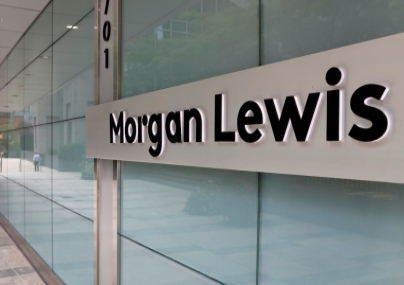China has moved to regulate informal bond market makers who have long provided critical services in a legal limbo, detailing the conditions under which they can operate and how they should apply for promotion to formal market-making status.
The announcement by the China Foreign Exchange Trade System (CFETS) confirms previous source-based reports by Reuters that the regulator was planning to implement new regulations.
The move could lead to a larger number of formally authorized market-making institutions, and thus improve pricing and liquidity in Asia's largest bond market outside of Japan, traders said.
Financial institutions must be a member of the bond market for at least two years, with proven active trading and research ability, before they can apply for the informal status, known as the trial market maker, according to new rules issued by the exchange which hosts the China's interbank market.
About 94 percent of China's domestic bonds are traded in the interbank market based in Shanghai, with the remainder traded on the country's stock exchanges.
The trial market makers can apply to be a full market maker six months later and after meeting conditions required by the new regulations, the China Foreign Exchange Trade System (CFETS), said on Wednesday, while announcing a list of 41 institutions to be the second-tier market makers.
The list includes China operations of nine foreign banks, such as HSBC Holdings Plc, Deutsche Bank and DBS Bank.
It also includes a slew of China's city commercial banks, such as those based in Jiangsu, Guangdong and Zhejiang, as well as some Chinese brokerages.
"The move aims to standardise businesses of trial market makers," the CFETS said.
"The exchange will monitor and supervise quotations by trial market makers and announce changes in the list of them regularly."
The exchange is unit of the People's Bank of China, the central bank, and its move represents the PBOC's efforts to tighten supervision of the operations of financial institutions, traders said.
By the end of 2013, China's interbank market had outstanding bonds worth 27.7 trillion yuan ($4.45 trillion).
China currently has 25 authorised market makers in its interbank bond market in Shanghai, including all major Chinese banks and some foreign banks such as the Citibank's China operations. They will not be impacted by the new regulations.
A market maker is a broker or dealer who holds a certain amount of securities at hand to facilitate trading, competing for orders by giving buy and sell price quotations, then filling orders rapidly either from its own inventory or an offsetting order.
Market makers are needed for the speedy and efficient operation of any financial market, and the lack of them in some Chinese markets - in particular the over-the-counter exchanges - has been blamed for weak investor interest.
The exchange rules also detailed other requirements for trial market makers, which focus on government debt.
For instance, trial market makers must produce quotes in either direction for at least six bonds in a given day, produce quotes within 30 minutes after the market opens and must engage in quotation activity for at least four hours a day.
Violators will have their licence for trial makers revoked.


